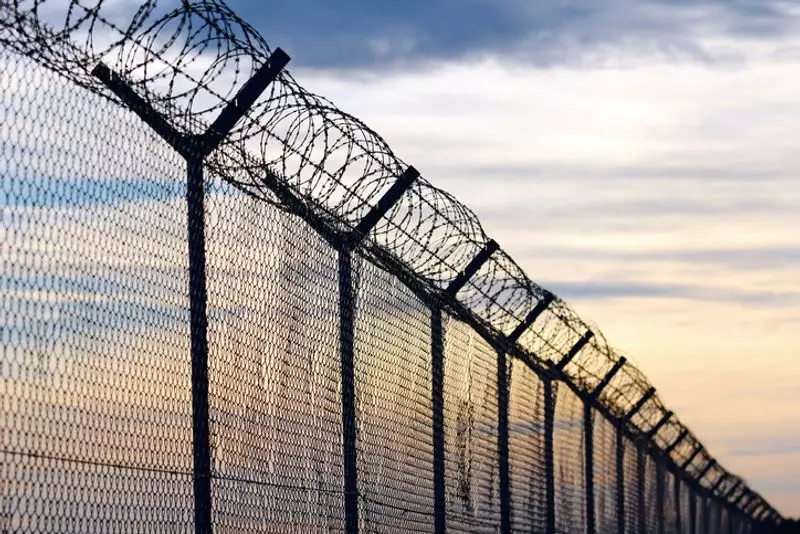
In a historic ruling that has sent shockwaves through Bangladesh's military establishment, a civil tribunal in Dhaka has delivered a landmark verdict sentencing 15 serving army officers to prison for their involvement in an enforced disappearance case.
Unprecedented Judgment Shakes Military Circles
The Dhaka Third Additional Metropolitan Sessions Judge Court found the officers guilty of forcibly disappearing a young man named Mohammad Ahad in 2014. This case represents one of the rare instances where serving military personnel have been held accountable in civilian court for human rights violations.
The Victim's Story and Legal Battle
Mohammad Ahad, who was only 22 years old at the time of his disappearance, was allegedly taken away by individuals identifying themselves as members of the Rapid Action Battalion (RAB) from his residence in the capital's Khilgaon area. For years, his family fought a courageous legal battle seeking justice and answers about his whereabouts.
The court's investigation revealed disturbing details:
- Ahad was detained without any formal arrest procedure
- No official records of his custody were maintained
- Family members were denied information about his location
- Multiple attempts to locate him through official channels failed
Legal Proceedings and Sentencing Details
Judge Mohammad Ali Hossain of the Dhaka tribunal presided over the case, which saw extensive testimony from family members, witnesses, and human rights activists. The prosecution presented compelling evidence linking the 15 army officers to the unlawful detention and disappearance.
"This verdict sends a powerful message about the rule of law and accountability," legal experts noted following the judgment. The sentencing marks a significant departure from the traditional impunity enjoyed by security forces in such cases.
Broader Implications for Human Rights
Human rights organizations have long documented numerous cases of enforced disappearances in Bangladesh, with victims often including political activists, students, and ordinary citizens. This ruling is being seen as a potential turning point in addressing these grave human rights concerns.
The case has drawn international attention to Bangladesh's human rights record and the ongoing struggle for justice by families of disappeared persons. Advocacy groups hope this verdict will pave the way for more accountability and transparency in security operations.
As Bangladesh continues to grapple with issues of military accountability and human rights protection, this landmark judgment stands as a testament to the perseverance of victims' families and the evolving nature of judicial independence in the country.





